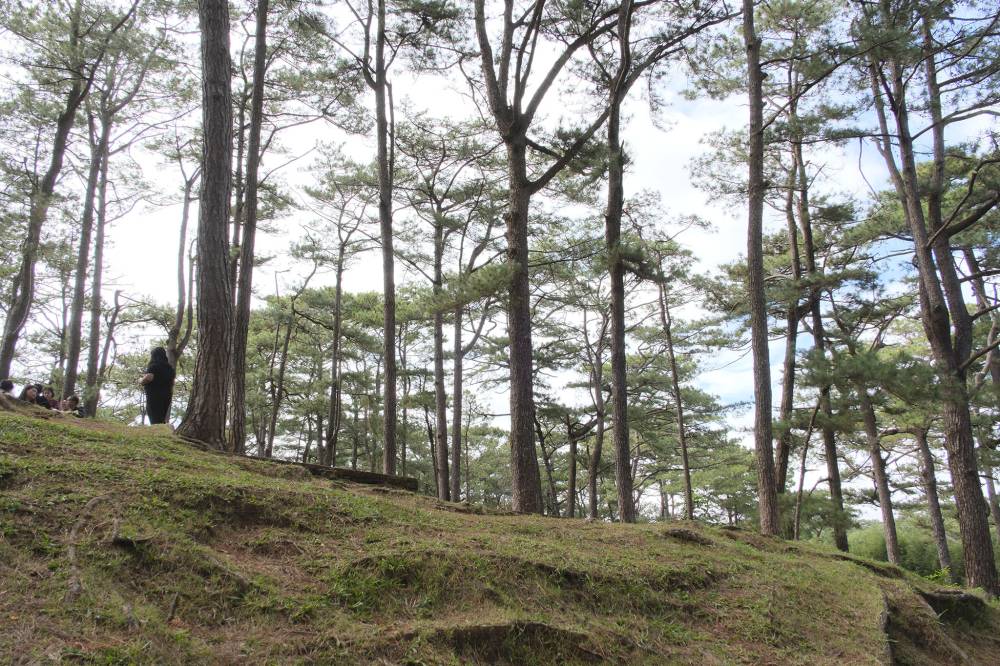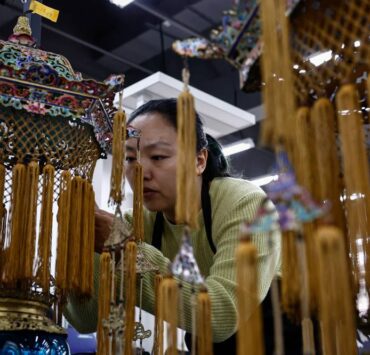BCDA told a new John Hay masterplan requires Baguio consent

BAGUIO CITY—Camp John Hay will likely be guided by a new master development plan now that it is under full government control, the Baguio City Council was told during its regular session on Monday.
But any new plan would require the summer capital’s consent, the Council informed a government lawyer of the Bases Conversion Development Authority (BCDA). The Council had invited BCDA for a dialogue in the wake of its regaining control of the former American base in January, but none of its top officials joined the proceedings.
The BCDA intends to develop a comprehensive master development plan for the former John Hay Air Station to maximize the facility’s revenue-generating potential, according to Lawyer Mary Ellen Cabuhat, legal manager of BCDA subsidiary John Hay Management Corporation (JHMC), who represented the agency.
She said the plan once finalized would determine the type of investments that would be needed to continue developing Camp John Hay, although the lawyer said it was premature for her to discuss the details.
In earlier briefings, BCDA officials informed the Council that it was inclined to carve out smaller lease development areas for bidding instead of securing a single development contractor, because of its experience with its former developer, the Camp John Hay Development Corporation (CJHDevco).
BCDA and CJHDevco, which is now fully-owned by Robert John Sobrepeña, have waged a 10-year-old contractual feud that was ended last year by the Supreme Court.
In January, BCDA – backed by a Baguio court – began a takeover of Camp John Hay, which is 50 percent fulfilled, Cabuhat said.
Neither BCDA nor CJHDevco have indicated whether the developer’s rent money totaling P1.4 billion, which to be returned to CHJDevco, has been released from an escrow account hosted by the Development Bank of the Philippines.
New deal
The prospective master development plan was first announced by Baguio City Mayor Benjamin Magalong last year after he was briefed by BCDA. But the plan should still secure the approval of the City Council, in the same way Malacañang sought its approval in 1996, as prescribed by Section 27 of the 1991 Local Government Code (Republic Act No. 7160), said Councilor Betty Lourdes Tabanda, a lawyer.
The modern John Hay plan would replace the original master plan that the Council endorsed in 1994 to begin John Hay’s commercialization, provided the government fulfills the “19 conditions” imposed through City Resolution No. 362, said Tabanda, who sponsored all the John Hay measures at the time.
Among these conditions are for the government to exclude 14 John Hay barangays from the John Hay reservation (Condition No. 14). Only one barangay, Scout Barrio, which is settled by former John Hay Air Station employees, has been partly segregated when BCDA sold and titled homes there in 2001.
The rest of Scout Barrio, including its public buildings, a school, and all its roads and open spaces are still controlled by BCDA. Res. 362 also wants the government to honor Ibaloy land rights inside Camp John Hay (Condition No. 5), and to turn over all built up areas there to Baguio once the development lease ends (Condition No. 16).
However, these conditions are currently being reviewed by the BCDA board of directors “to align them” with the April 2024 Supreme Court decision that allowed the state to take over the leased areas of this former American recreational baseland at the start of January, Cabuhat said.
Arbitral judgement
Tabanda pointed out none of the 19 conditions were subjects of the High Court’s 2024 decision, which reinstated a 2015 arbitral judgement that should have resolved the BCDA-CJHDevco conflict.
The arbitral panel of lawyers Mario Valderrama, Teodoro Kalaw IV and Rogelio Nicandro, which was formed by the Philippine Dispute Resolution Center, had nullified the 1996 John Hay lease agreement to a point when it never took place.
The arbiter had concluded that both the government and the developer violated the deal which warranted a “mutual rescission” of the agreement. It also directed the BCDA to return the P1.42 billion rent paid by CJHDevco, and ordered the developer to surrender all the built-up properties inside the 247-hectare leased areas to the government as their act of “mutual restitution.”
The arbiter’s judgement was not immediately enforced because it was challenged in court, until the SC restored the final arbitral award last year after ruling that no court may unilaterally obstruct or amend judgments made during arbitral proceedings.
Tabanda said many of the conditions have not been fully met, and still applies after the takeover, such as Condition No. 8 which obliges the government to retain and protect John Hay workers.
The city also wants a say in a new John Hay master development plan because of Condition No. 2 which prohibits casino operations “in any guise or form” within John Hay, said Tabanda.

















